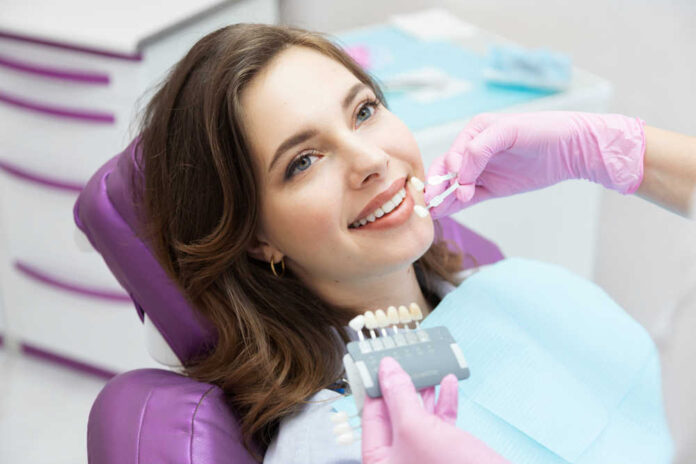
A clean smile can be a real confidence booster. Not only can it make you look and feel good, but it can also be a sign of good oral health.
Unfortunately, as we get older, our teeth can become stained and yellowed. This is due to various factors, including the food and drinks we consume, smoking, and the natural aging process.
Many tips, tricks, and products claim to whiten teeth, but which of these actually work?
Avoid Foods and Drinks That Stain Teeth
A big part of keeping your teeth white is to avoid foods and drinks that can cause staining. Common culprits include:
- coffee
- dark teas
- red wine
- fruit juices
- sports drinks
- soda
- berries
- beets
- tomato sauce
Think of it this way: if it can stain your carpet or clothing, it can stain your teeth.
Cut back on these foods and drinks, and rinse your mouth and brush your teeth soon after consuming them.
Follow Product Instructions
Whitening toothpaste, strips, and gels can be effective, but make sure you carefully read, understand, and follow the instructions on the label.
These products typically use strong chemicals that can potentially cause tooth sensitivity, gum irritation, decay, and other side effects if used incorrectly.
Talk to your dentist if you are unsure which product to use or how to use it properly.
Stop Smoking Cigarettes
Smoking cigarettes is one of the worst things you can do for your teeth. Not only does smoking cause staining and increases your risk of gum disease, tooth loss, and oral cancer (and, of course, respiratory problems and other health issues).
Each cigarette exposes your teeth to a dangerous combination of tar, nicotine, and countless other chemicals that can ruin your teeth and your health.
Many resources are available to help you quit smoking. The sooner you quit, the sooner your teeth and health can start to recover.
Don’t Neglect Daily Maintenance
Plaque, tartar, and bits of food build up in your mouth and on your teeth, causing staining and yellowing. Daily brushing, flossing, and rinsing with mouthwash can remove these substances and keep your teeth clean and white.
Brush your teeth at least twice a day. Don’t rush through it—do it slowly and thoroughly. Use good toothpaste and change out your toothbrush (or toothbrush head) every month or two.
Also, floss your teeth and rinse with mouthwash to further remove plaque and bacteria.
See Your Dentist Regularly
Visiting your dentist for regular checkups is crucial for maintaining good oral health and preventing serious problems down the road.
During these appointments, your dentist can do a deep clean of your teeth with tools and techniques unavailable at home. They can also catch any cavities or other problems early and advise on improving your oral hygiene routine.
If you are concerned about the whiteness of your teeth, be sure to mention it to your dentist. They can provide additional tips and treatments to help you achieve the results you want safely and effectively.






















